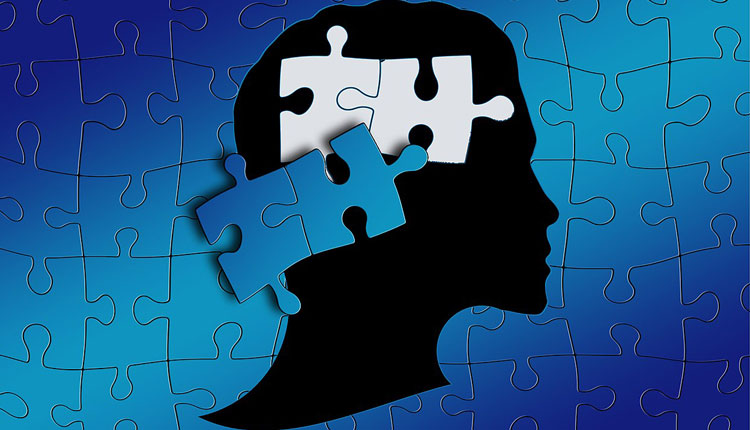Outgrowing Autism and the Hype of a New Study
The latest big autism story is a new study by University of Connecticut psychology professor Deborah Fein that claims some children with autism can not only lose their diagnosis as they get older, but become indistinguishable from typical peers. Fein assessed 34 adults who had been given an autism diagnosis as children, many of whom had received behavioral interventions and were deemed to have “optimal outcomes.” As young adults, the study subjects were found to have “no current symptoms of the disorder” and to be “functioning on a par with their mainstream peers.”
This has led to an onslaught of headlines about children “outgrowing autism” and becoming "cured." While initially reticent to open this Pandora’s box, I have felt increasing compelled to put in my two cents worth on the controversy.
First of all, while this premise may never have been scientifically proven before, it is not fresh news. I remember listening to Dr. Tony Attwood roughly seven years ago as he described high functioning autism existing on a spectrum from severe dysfunction to becoming a personality trait. This is not a passive experience of merely “outgrowing” something as you would the myriad immature behaviors of childhood, but an active and sustained effort over the course of years to resolve problematic issues inherent in having autism. Significant is the fact that the study subject had all engaged in intensive behavioral therapy which help them to adapt to the neurotypical world, or “play the game," as it were. While in no way disparaging behavioral therapy and successfully functioning in the larger world, this is not indicative of no longer having autism. A high functioning person with autism still carries the joys and burdens of it for life. They may shed a clinical diagnosis, but autism is still the prism through which they experience the world.
This leads us to another issue. Many consider autism a source of pride and would no longer shed it than they would an ethnic heritage or distinctive physical trait. This brings to mind a time when one of my high functioning twins was asked to write a two page essay on what it’s like to have a disorder. He wrote the single sentence, “It’s like having brown eyes." That phrase is enshrined in my heart and mind.
Like the subjects of the test, my son passes for "normal," is successful in school, beloved by his high school teachers. But the myriad social interactions and pressures he successfully fields each day leave him utterly exhausted in a way his neurotypical peers will never experience. While he has acquaintances in his classes, he true sense of belonging is derived from the Robotics Club, where he gathers with other "nerds." He still gets a PE exemption from the agony of team sports and will never go to a school football game. Is he proud to have shed the identity of being autistic, that he passes for neurotypical? Yes and no. He doesn’t want to be defined by his autism, but he is very proud of the distinct gifts it bestows, his unique take on the world, his piercing intellect when it comes to his special interest. He is at peace with himself.
I believe the take away from the Fein study is but a confirmation that within the course of a lifetime, all children with autism can and will grow and change within their personal, idiosyncratic spectrum of possibility. Studies like this can raise hopes of a “cure” and subsequently dash the hopes of parents whose kids don’t experience similar outcomes. Concomitant feelings of regret are a risk. “If-only” mantras could afflict parents who didn’t give their children intensive behavior therapy as the “successful” test participants reported. For what it’s worth, my son never had behavior therapy and didn’t even have early intervention.
There is no rubric for autism parenthood, just unconditional love and devotion.

